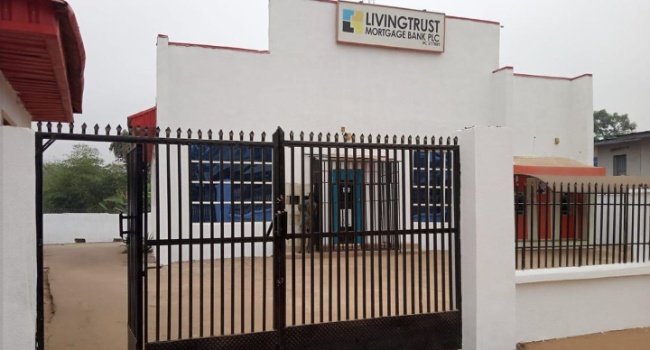The Central Bank of Nigeria (CBN) on Monday, 7 March 2023, countered the statement of the International Monetary Fund (IMF) over the Anchor Borrowers’ Programme (ABP).
IMF had stated that the Anchor Borrowers’ Programme is experiencing bad debt, with only 24 per cent of loans collected by farmers repaid.
Join our WhatsApp ChannelAccording to the IMF, the central bank has been unable to recover 76 per cent of the loans from the farmers as of 12 January 2023.
The Anchor Borrowers’ Programme began in 2016 to cater to smallholder farmers in need of credit. The credit has led to the cultivation of over 6.02 million hectares of 21 commodities in Nigeria, CBN revealed.
CBN revealed that the smallholder farmers have cultivated sesame, tomato, soya bean, rice, wheat, cowpea, ginger, sorghum, oil palm, cocoa, millet, maize, cotton, fish, poultry, castor seed, yellow pepper, onions, and cattle/dairy, cassava, and groundnut.
IMF in a report titled ‘Nigeria: Selected Issues’ said: “The Anchor Borrowers Program established in 2016 initially set aside 40 billion naira to support farmers by offering single digit interest rate loans. Since then, over 1 trillion naira has been disbursed through mid 2022 from this program, with CBN providing a rising share of banking system agricultural financing.”
It stated further: “For the Anchor Borrowing Program, repayment is also low at 24 per cent, especially since repayment can be made in kind, thereby limiting the tenor of the loans to one year.
“Part of the problem is that the incentive structure for repayment is weak, the recipient loans are not always well targeted and occasionally the funding is used for other purchases (e.g., new agricultural input trading companies to elicit trading rents).”
However, in a statement by CBN’s acting Director of the Corporate Communications Department, AbdulMumin Isa, said 52.39 per cent or N503 billion loans have been recovered from the farmers.
Defending the loan disbursement under the Anchor Borrowers’ Programme, Isa wrote: “The ABP had contributed significantly to the increased national output of focal commodities, with maize and rice peaking at 12.2 and 9.0 million metric tonnes in 2021 and 2022 respectively.
“The programme had also helped to improve the national average yield per hectare of the commodities, with productivity per hectare almost doubling within the eight years of the programme’s implementation.”
He also disclosed that the loan repayment is tied to the commodity gestation period, “It is pertinent to note that the tenure of loans under the ABP is based on the commodity gestation period,” the CBN spokesperson said, adding, “For instance, loans granted to farmers cultivating some perennial crops could have up to a seven-year tenure.”


















Follow Us